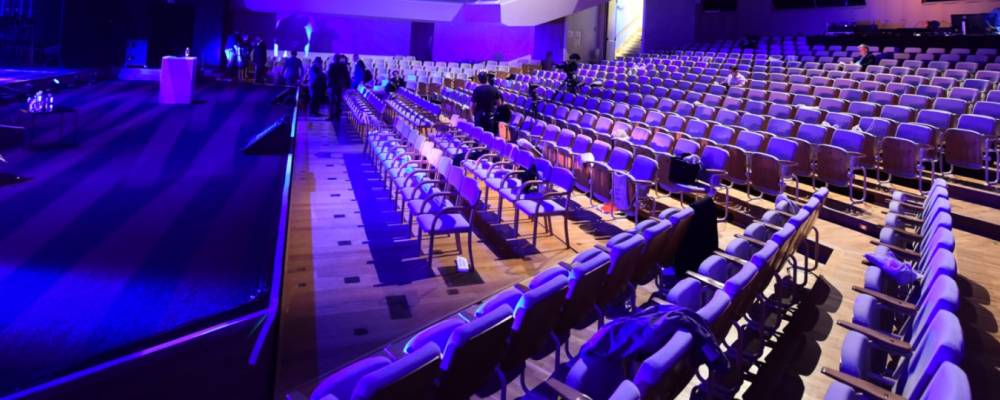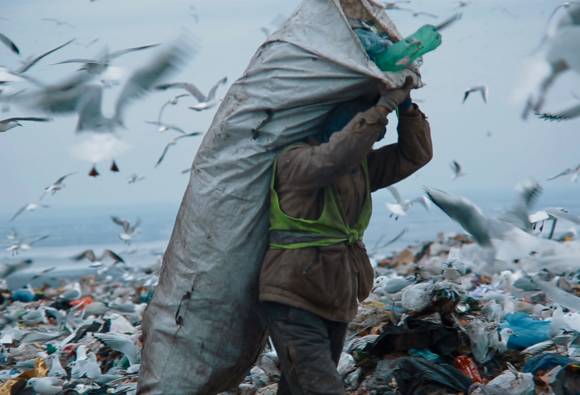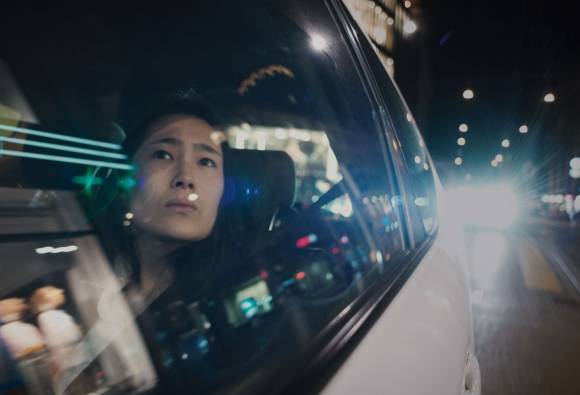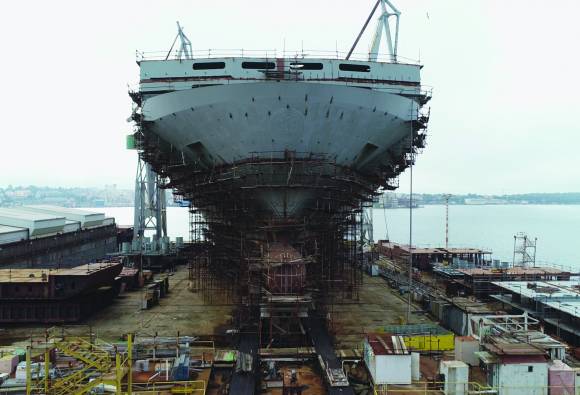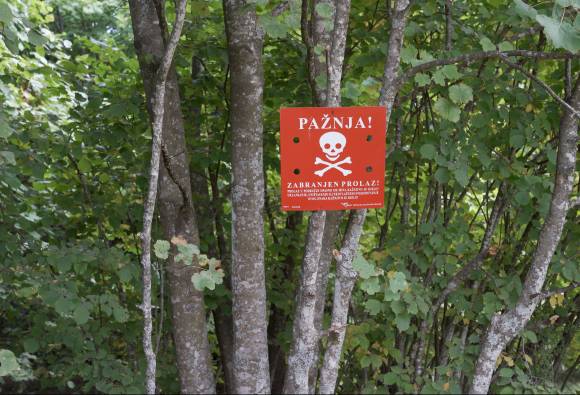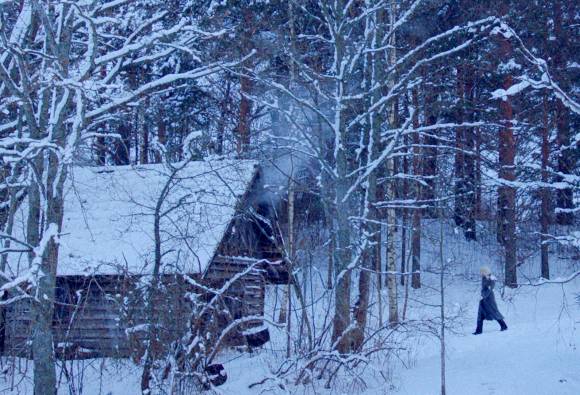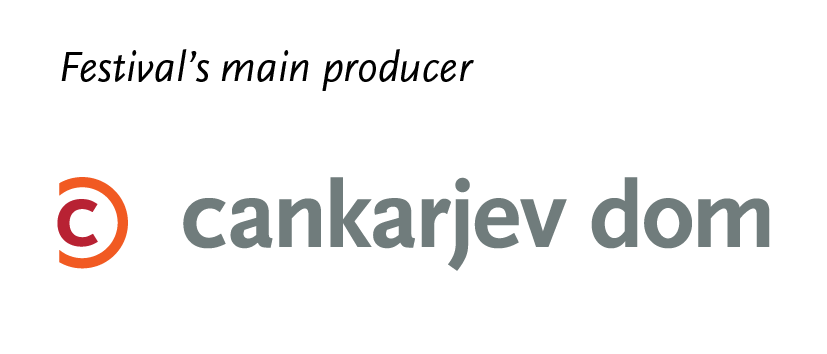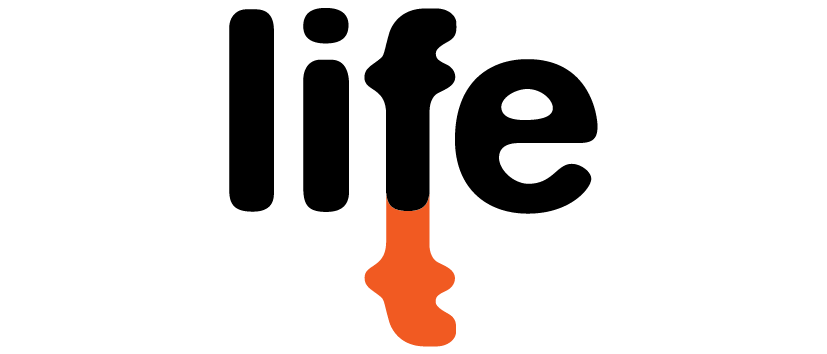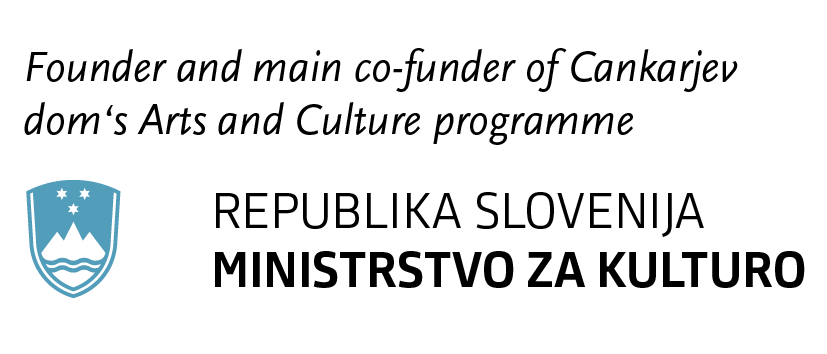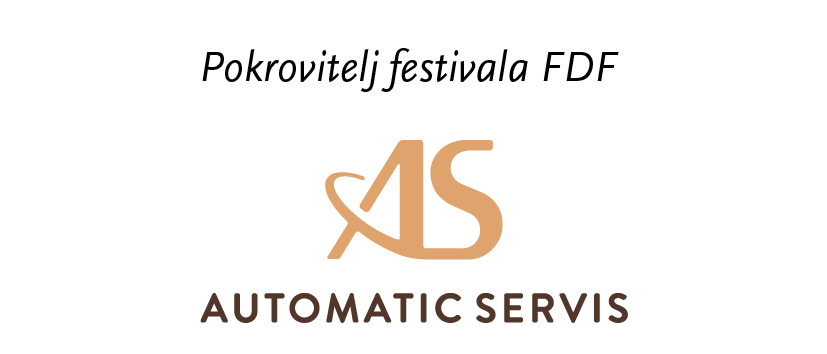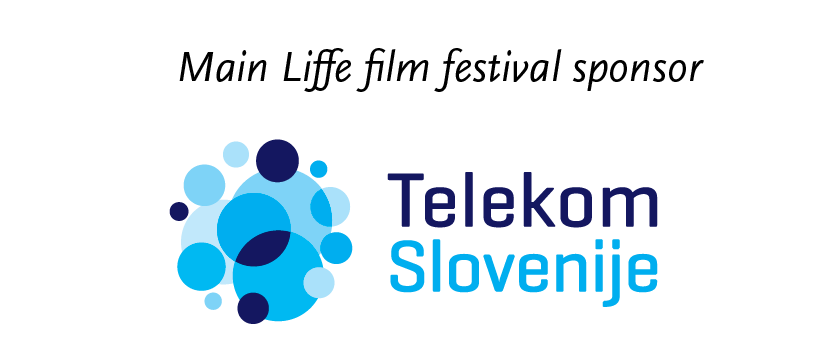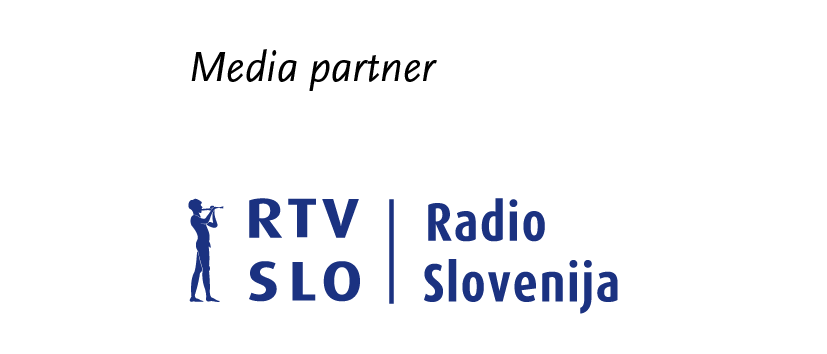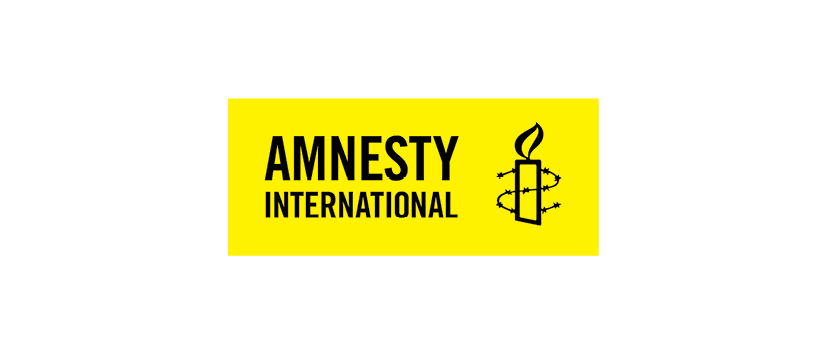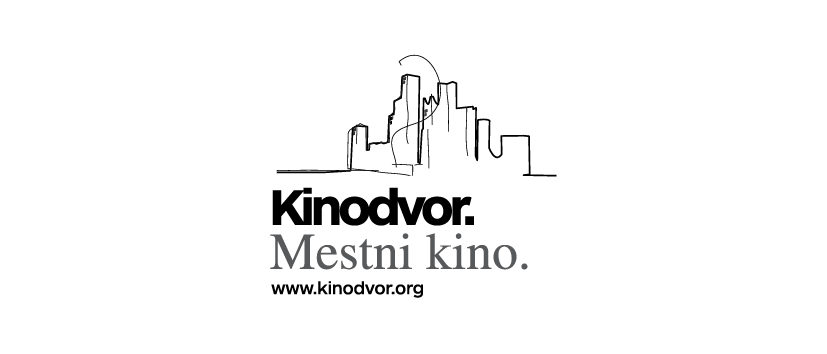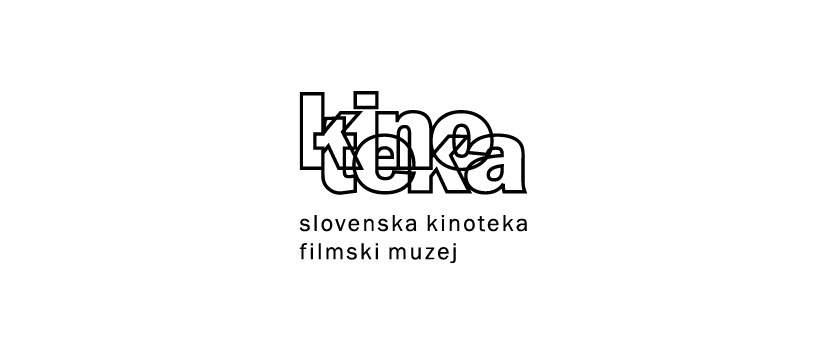
If It's Not Filmed, It Never Happened
The first photograph was created after a ten-hour exposure in the 1820s. The image was rough, blurred, barely fascinating. The inventor might have muttered to himself that the photographic medium “has no future”. This was the Lumiere brothers’ verdict on the film medium over half a century later. Let’s see where their pessimism has led us to. Today, our world is saturated with images, films and videos, and the increasingly present manipulation known since its first experimenter, Georges Mélies. Using “futureless” motion pictures, Mélies performed magic just a few years after their invention. Depicting dismemberment of the protagonists’ heads, his fantastical one-reel films represented deepfake a century before deepfake. Nowadays, one is wise to question the authenticity of practically every image or moving picture.
In this day and age, humanity is completely dependent on and obsessed with images, but as film festival organizers we are precluded from keeping a critical distance. In our case, images are appreciated and considered useful, especially if properly chosen and coming from reliable sources. Many of the films included in this year's selection address obsession and addiction, including the documentary Fantastic Machine. Marshal Tito was known for his love of film and (self-)promotion, and his long-standing personal photographer and cinematographer Stevan Labudović documented not only the birth of the Non-Aligned Movement, but also, for example, the Algerian Liberation War. One of the factors that can make or break a revolution is “public communication”, which is a beautiful euphemism for political propaganda that underwent unprecedented expansion under Lenin, and developments such as editing and photoshop perfection under Stalin. The documentary Total Trust, a story of China's technological surveillance over its citizens, brings a new dimension to the concept of Orwellian society; the authorities not only control people through countless cameras and advanced surveillance technology, but also through trust, using more efficient censorship and propaganda methods that are becoming increasingly sophisticated and powerful, with the advent of artificial intelligence.
The Romanian film Between Revolutions, an intimate look at the friendship of two women between the Iranian (1979) and Romanian (1989) revolutions, indirectly demonstrates the importance of images and spectacle. It seems to be the general rule that the greater the tragedy, the more it calls for being captured by a photo or film camera. Director Maciek Hamela brilliantly fused the elements of humanitarian activism and cinematic statement; when Russia invaded Ukraine, he decided to save lives. But that wasn’t enough. Transporting uprooted refugees safely to Poland in his van, he pointed the camera at his fellow passengers. The whole motivation behind his film In the Rearview seems to be the precept, “if it’s not filmed, it never happened!”
Some of the main topics addressed by this year’s selection are obsession, work ethic and workaholism; while the workaholics in After Work are completely unfamiliar with the concept of taking a break (although coming from very different countries), the movie’s title refers to the need for a serious rethink of the role work plays in our lives. The documentary The Driven Ones, whose title is just as telling, focuses on students at the prestigious University of St. Gallen coming to grips with some harsh realities after earning their Master's degree. Not all of them, of course, are workaholics by choice. For example, the Bottlemen shows Roma garbagemen rummaging through the landfills on the outskirts of Belgrade by force of circumstance, as a matter of survival. And some workers were doing their jobs with undiminished enthusiasm until being ejected by the system and transition, e.g. the workers employed at the famous Uljanik shipyard in Pula, the invisible protagonists of The Ship who were left with just memories. Now, moving pictures also remain as a living record of that time.
Simon Popek
Cankarjev dom Film Programme Director
